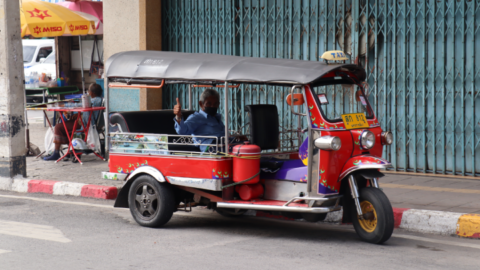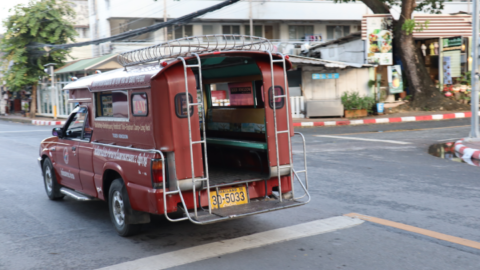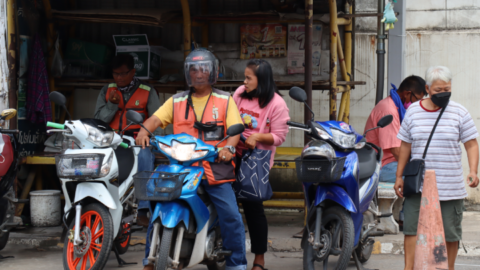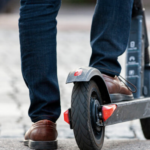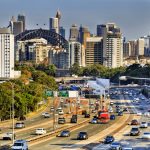Thailand Uses Efficient Transport Options, While Control and Revenue-Raising Prevail in Australia
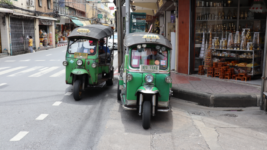
The traffic in the Thai capital of Bangkok is notorious for its congestion, especially at peak periods.
During morning or evening “rush” hours, a forty-five-minute crosstown journey can take double that or even crack the two-hour mark. And we all know that feeling of sitting in the back of a taxi watching the metre click over faster than the vehicle is moving.
But another distinct aspect to the traffic in Bangkok, and, indeed, all over Thailand, is the ubiquitous tuk-tuk. Known as an autorickshaw in English, the tuk-tuk is small three-wheeled vehicle with a cabin made of sheet metal and an open frame, usually with a canvas roof.
Sitting up front the driver peers through a curved window, guiding the vehicle using a handlebar mounted to the dashboard, and there’s room for about three adults to sit in back.
Tuk-tuks are the perfect way to get through Bangkok-Krung Thep traffic at a faster pace, as drivers are experts in weaving in and out of lines immobile vehicles.
However, if you’re really pressed for time, you can always hop on the back of a motorcycle taxi. Mind you, while the driver will likely be wearing a helmet, it’s unlikely they’ll have one for you. But they do get people to their destination in the fastest way possible and also the cheapest.
Thailand has a multitude of transport options that don’t exist in New South Wales, and it’s highly unlikely our politicians would ever consider permitting their use.
Indeed, even moves to legalise the use of e-Scooters on NSW roads and road-related areas such as cycling lanes and footpaths has been placed in jeopardy, after two Sydney councils pulled out of a trial of the highly efficient mode of short-distance transportation.
Many believe the heavy-regulation of our roads – and our parking spaces for that matter – as well as the constant expansion of traffic offences is more about revenue-raising than road safety and/or reducing congestion, and that our politicians should explore options successfully adopted in other nations.
Sydney Criminal Lawyers has recently been on the roads of Thailand, risking life and limb on a variety of modes of transport.
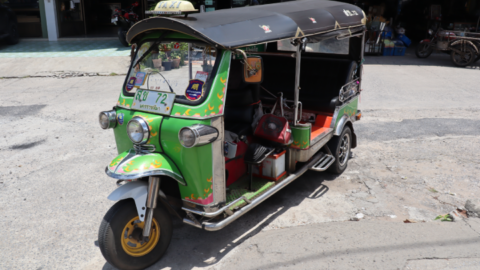
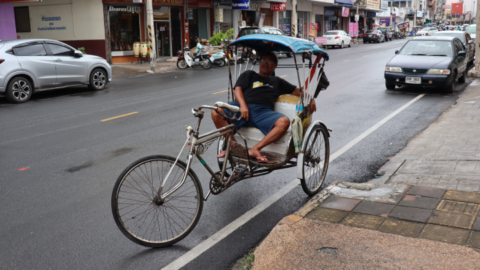
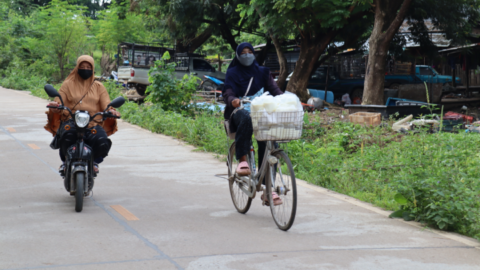
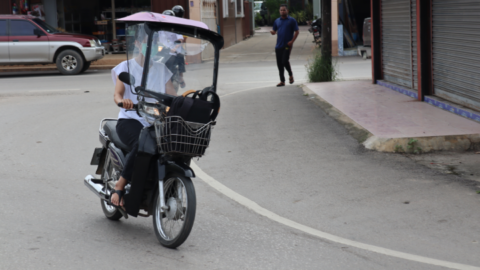
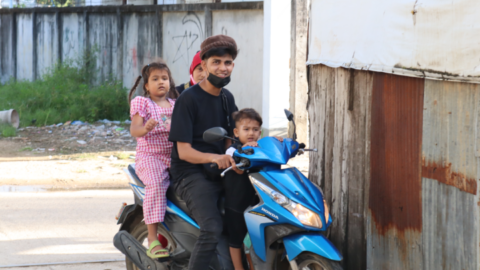
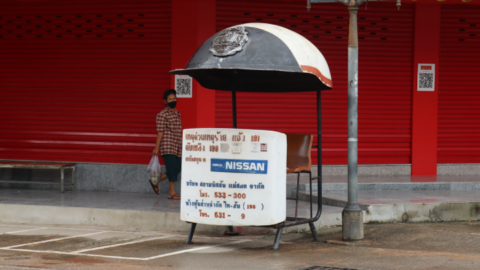
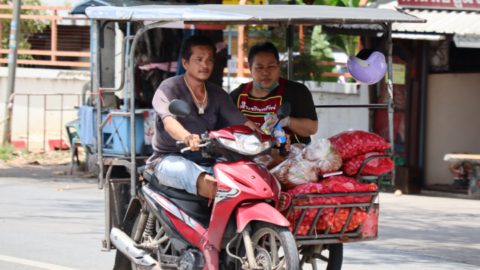
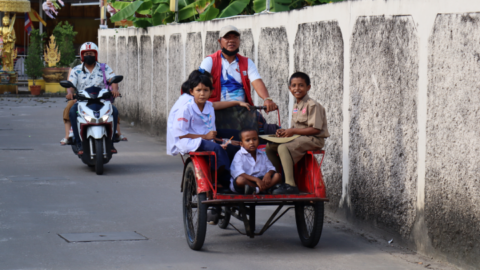
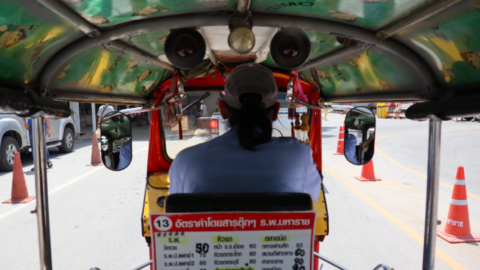
Going to court for a traffic offence?
If you are going to court for a traffic offence, call or email Sydney Criminal Lawyers anytime to arrange a free first consultation with an experienced, specialist traffic lawyer who will accurately advise you of your options, the best way forward, and fight for the optimal outcome in your specific situation.
